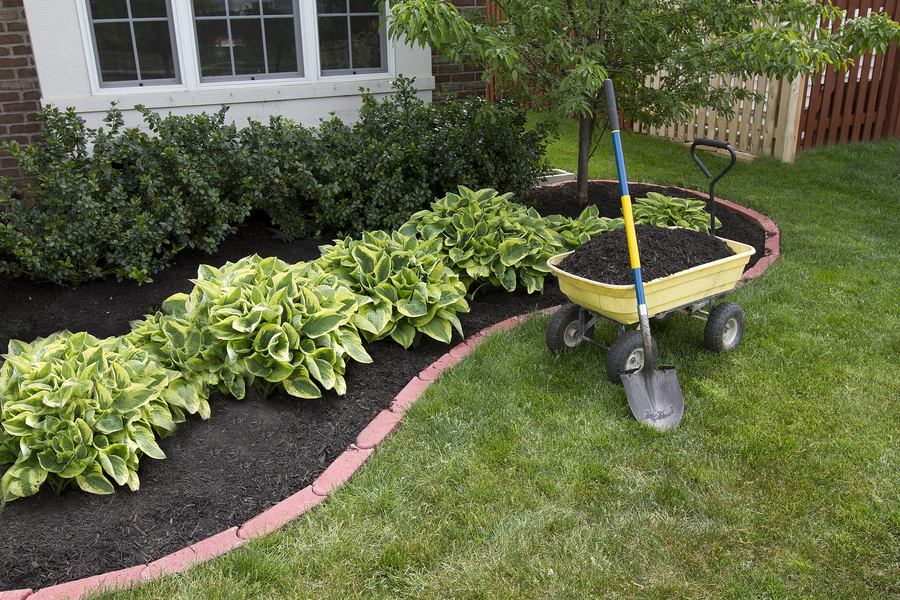24/7 Emergency Service
24/7 Emergency Service

The soil in your landscape is more than just a dirt, as it supports the growth of greenery. Whether you have a garden or trees in your yard, the microorganisms in the soil play a vital role in ensuring proper nourishment and protection against external factors. At the Southern Star Tree, we leverage innovative strategies and specialized equipment to build a good soil habitat with adequate nutrients, balanced pH and sufficient organic matter. If you notice signs of unhealthy soil, such as low oxygen, compaction, and minimal organic matter, it might be time to consult a professional tree care company.
The most effective way to understand and provide proper soil care is knowing the soil type in your backyard. Soil usually contains organic components, minerals, air, and water. The organic components comprise dead and living organisms like insects, fungi, and humus, which are formed by decomposed plant debris. Let’s look at some of the soil types to help you maintain healthy plants and mitigate premature tree removal emergencies.
Clay is made of small particles that limit air circulation. This makes it ideal for water storage, but makes it hard for roots to breathe. If your location has clay soil, consider working with a reputable tree service to improve air movement and overall structure. Some strategies your tree care company might recommend to achieve this include adding organic matter like biochar, mulch, and compost.
Sandy soil is made of small particles of weathered rock. This soil usually has low nutrients and poor-water retention capacity, which can affect the growth of plants negatively. In addition, sandy soil heats quickly, hence the need to prioritize regular watering, especially in the summer. Arborists and industry professionals recommend adding organic matter to improve water-holding capacity and nutrient level.
Silt is fertile, comprising smaller particles than sandy soil and a finer quality. However, silty soil is susceptible to erosion, prompting regular aeration and annual mulching or composting. It is advisable to work with a trusted tree service provider to ensure proper coverage with organic material. Also, regularly scheduled soil tests can determine if fertilization is a viable solution based on nutrient deficiencies that can affect plant growth.
This soil is made of larger soil particles that dry out quickly in warm weather and cracks easily. Another downside of chalky soil is that it holds onto nutrients rather than circulating them, and is more alkaline, causing yellowing in leaves. If you notice these signs on your greenery, hire a professional to apply mulch or the right fertilizer.
Loam soil comprises silt, sand, and clay, forming good structure and a balance texture. These features make loam soil maintain proper drainage, hold moisture and nutrients without a lot of extra care. Like other soil types mentioned, replenishing organic matter regularly goes a long way to maintain nutrient levels and structure.
It is crucial to remember that your location can affect the soil in your yard. Contact us at the Southern Star Tree and schedule a consultation with our experts to determine the soil on your property and implement strategies to promote growth and protect your investment. Our certified arborists provide comprehensive services, including tree removal, fertilization, and pruning, at competitive rates.
15 April, 2025
Trees are prized treasures that require regular care to maintain good health and vitality for many years to come. At Southern Star Tree, we leverage extensive expertise and knowledge to help you preserve ...
Read More08 April, 2025
Do you have young trees on your residential or commercial property? If so, scheduling regular trimming with a trusted tree care company in Brookhaven, GA is vital to ensure healthy growth and longevity. At ...
Read More